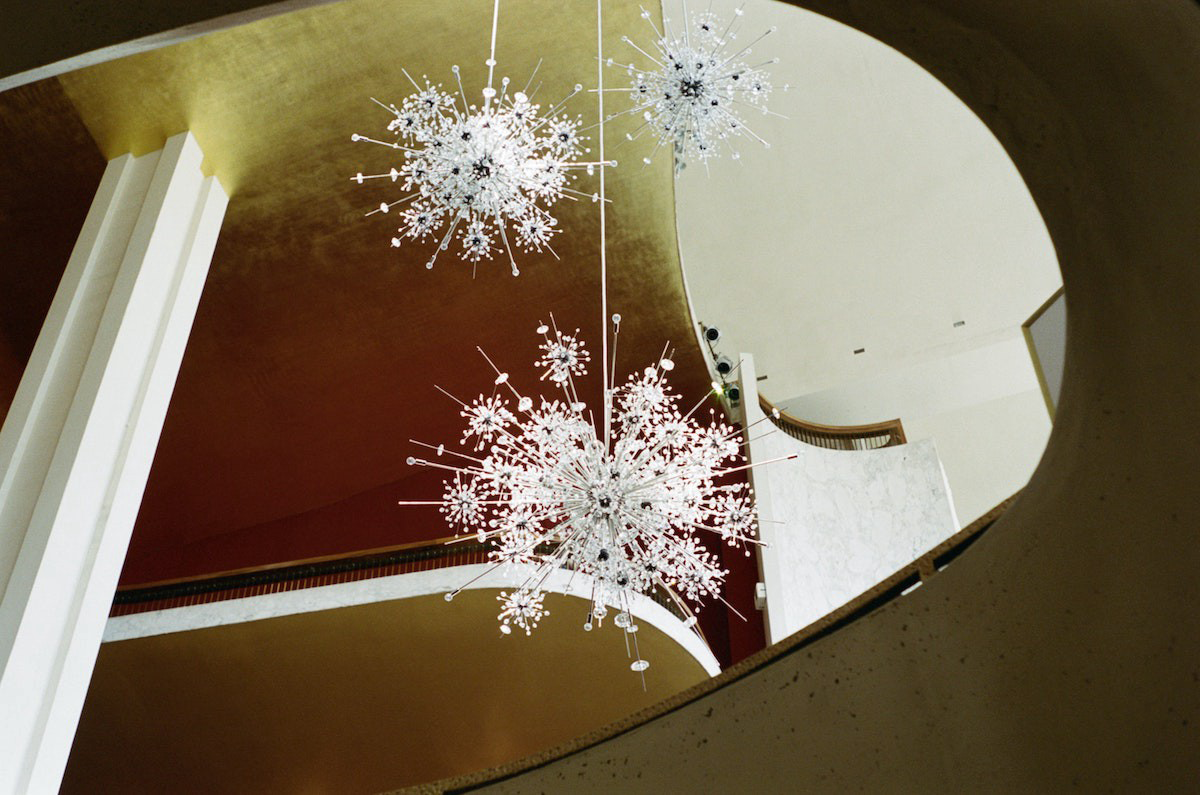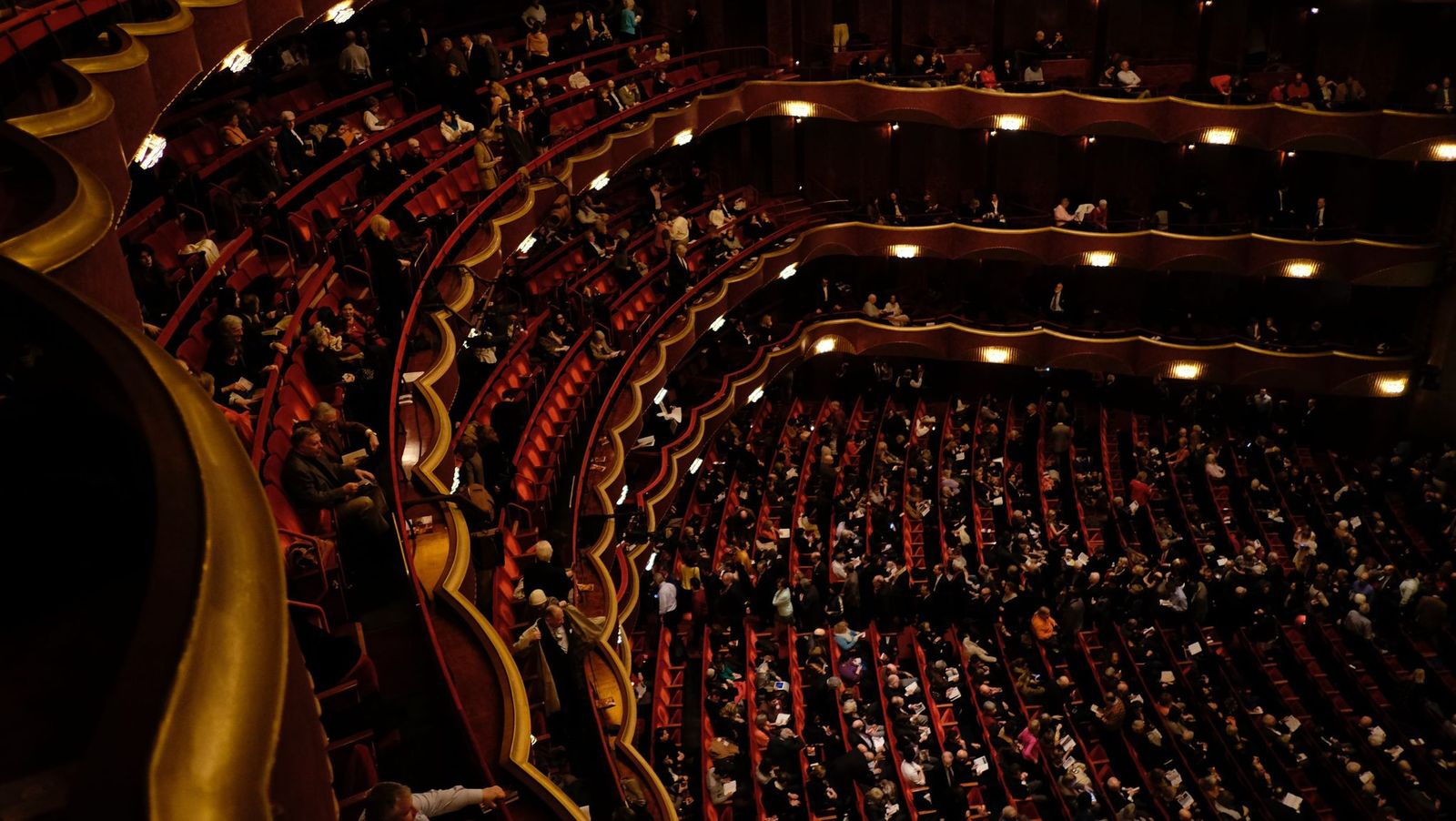A recent article by David Rohde about the Met and its telemarketing practices grabbed my attention this week, so I’m setting out here to add to the conversation — because it’s an important one. In his article on Medium, Rohde asserts that the Metropolitan Opera’s use of telemarketing to attempt to convert donations from “green attendees” too soon is leading to its demise. Acknowledging the challenges of a business model constrained by high fixed costs and the impact of the 2008 financial crisis, Rohde suggests that the Met “appears to attack the problem in exactly the wrong way. Every new patron that they did get seemed to become a ‘mark’ for the company to make up the revenue gap.”
Ouch.
Others weighed in. Yesterday, Joe Patti cleverly called the practice Rohde describes as the “’You Didn’t Pay Enough Last Time’ Approach to Fundraising,” noting that “viewing new ticket buyers as donors immediately after their attendance experience is extremely detrimental to arts organizations.” Washington Post critic Peter Marks cited an experience as “similarly aggressive and off-putting” with another New York City-based organization. Others debated the impact of outsourced versus internal telemarketing teams, training and more.
The realities of this situation are so much bigger than the tactics of a specific fundraising effort for the largest classical music organization in the United States, and they apply to the entire non-profit arts and cultural sector. First, consider this statement in Rohde’s piece: “name another product or service that announces after it’s won a new customer that they underbilled you and you’re not welcome back until you fork over more dough for the first time.” On the face of it, no company that has the customer at the center would find that acceptable; and indeed, neither would the vast majority of non-profit organizations. But the truth is that arts and cultural organizations, especially non-profit/charitable ones, don’t really have the customer or patron in that “center” place. Customers often don’t even run alongside the center. They often are a means to an artistic end.
Now—that may sound embittered or cynical, and honestly: I don’t feel that way. But I do have nearly 30 years of management and consulting experience that tells a data-driven story about how arts and cultural institutions relate to their patrons and audiences. In the aggregate it’s not a great story. For more than 20 years, alongside our management consulting business, TRG Arts has collected and studied global arts and cultural consumption across regions, industries and patron types. And while it’s true in for-profit as well as non-profit businesses that leader-driven and authentic consumer relationship management delivers positive financial and business returns — the arts haven’t consistently adopted this stance. Even (and maybe especially?) in these pandemic times, the arts tend to depend on strategies that maintain the status quo with long-time patrons, while at the same time over-prospecting in their communities and under-retaining when they do attract new audiences. Evidence: since we began studying these numbers more than a decade ago, in the aggregate, 70% of single ticket buyer/booker households buy once, then churn out. Unfortunately, this statistic has remained unchanged over that decade.

Photo by Cara Willenbrock on Unsplash
Instead of a Vegas wedding, think relationships for the long haul
But: those numbers can and do change when individual organizations begin thinking about relationships rather than transactions. In the early 2000s, our firm began advocating an approach based on a “dating” framework — a consulting lexicon designed to get clients and the sector to think differently. Obviously, it’s metaphorical, but in the best practice it results in systems, invitations and staff training to ensure that the “first date” we have with new patrons encourages and ultimately leads to a deeper relationship over time. In fact, we’re going to discuss this next week on TRG 30, if you’d like to register here for our bi-weekly 30-minute conversations.
Aggressive sales tactics assume that the people an organization has “just met” will want to run off to Vegas and get married. Yes, in this case it’s a donation and there’s not a good commercial comparison, so Rohde can ask: “name another product or service…” like I wrote above. But it also happens when we ask brand-new single ticket buyers to become subscribers immediately after their first purchase, or we ask out-of-town visitors to become members without knowing if they ever plan to visit our city again. The data tells the story over and over: patrons of all types who are stewarded carefully stay longer, invest more, give us wonderfully candid and valuable feedback — and as long as we’re listening — recommend us to friends.
These relationships and the renewable income they provide fuel positive financial results that ensure we can fulfill our missions, enable our impact and achieve our “why.”
As our sector looks to the re-opening and recovery from the pandemic, there’s much opportunity, but also much risk. Our communities need all forms of arts and culture, now more than ever, and the temptation will be to seek the fast money … the quickest transactions, to enable the fastest “return to normal” after so much devastation. But the opportunity is real and rich to connect with more and diverse parts of our communities, not just for now, but for the long haul. We’ve got to be better than EVER now, even as we’re stretched and challenged. In my latest blog post I cite that one way we can be better is to work together as an arts and entertainment ecology, not allowing biases to corrupt our ability to do this. We have much to learn from each other, and in the Met’s case, well … it’s a pretty big business. Non-profit, yes, but that’s a tax status. It shouldn’t be an attitude.
Arts and entertainment consumers don’t give a hoot if they’re buying from a non-profit, a commercial enterprise, or a government authority. They care about exceptional experiences and brands that develop relationships with them over time, listening deeply to them as they go. The reward for that? Recovery, resiliency, and an infinitely stronger future.
#MetOpera. It sounds like this big business may have some big lessons to learn.
Jill S. Robinson CEO | TRG Arts
Jill S. Robinson is CEO of TRG Arts (The Results Group for the Arts), a renowned international, data-driven change agency and a ColoradoBIZ Top 100 Women-Owned Company. As a driving force in the arts and culture sector, Jill has inspired leaders and organizations for more than three decades, and her expertise and counsel are sought out by arts and cultural executives worldwide. Jill believes in the transformative power of arts and culture experiences, and that positive, profound change in the business model of arts organizations leads to artistic innovation that can inspire entire communities.
Top photo: The Metropolitan Opera. Photo by alevision.co on Unsplash
TRG 30 is a bi-weekly 30-minute series of conversations and provocations with CEO Jill Robinson and invited guests. Open to anyone in the arts and cultural sector, the sessions provide insight, counsel and inspiration.
Register Today